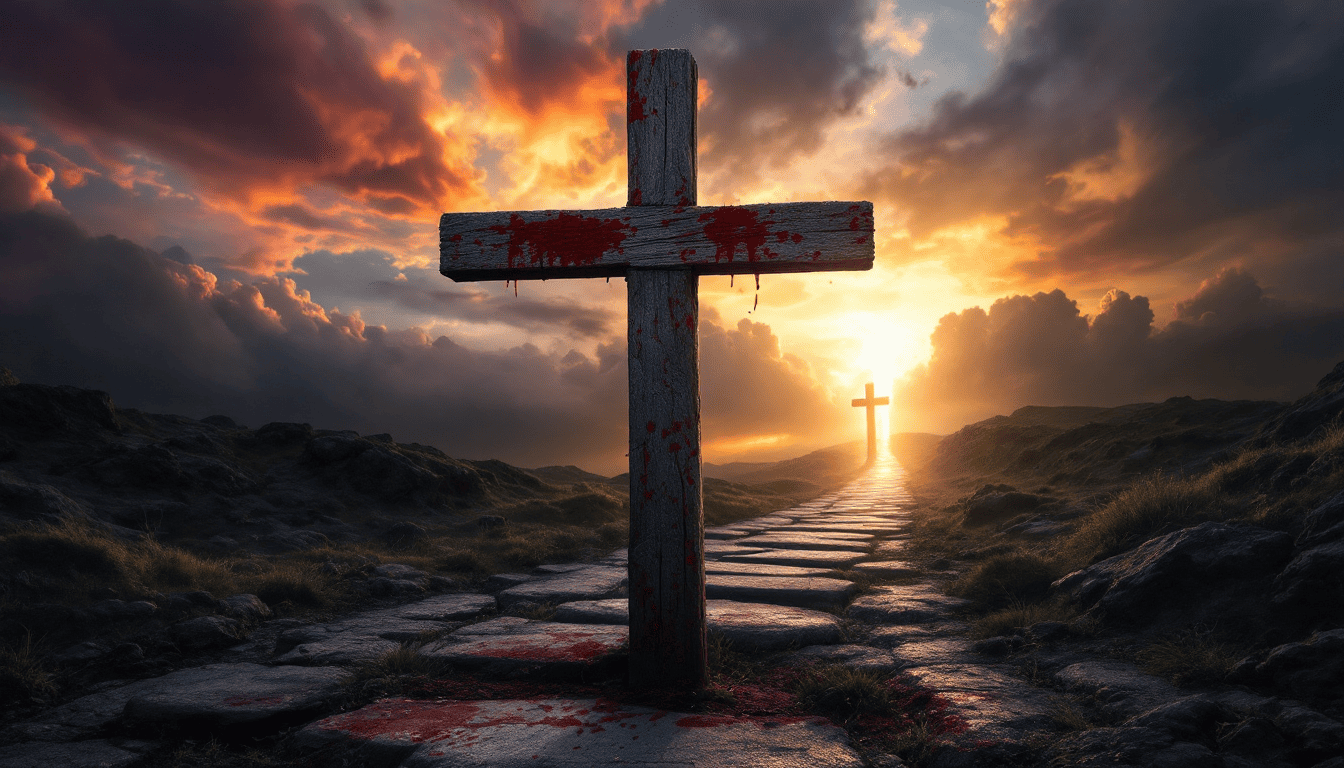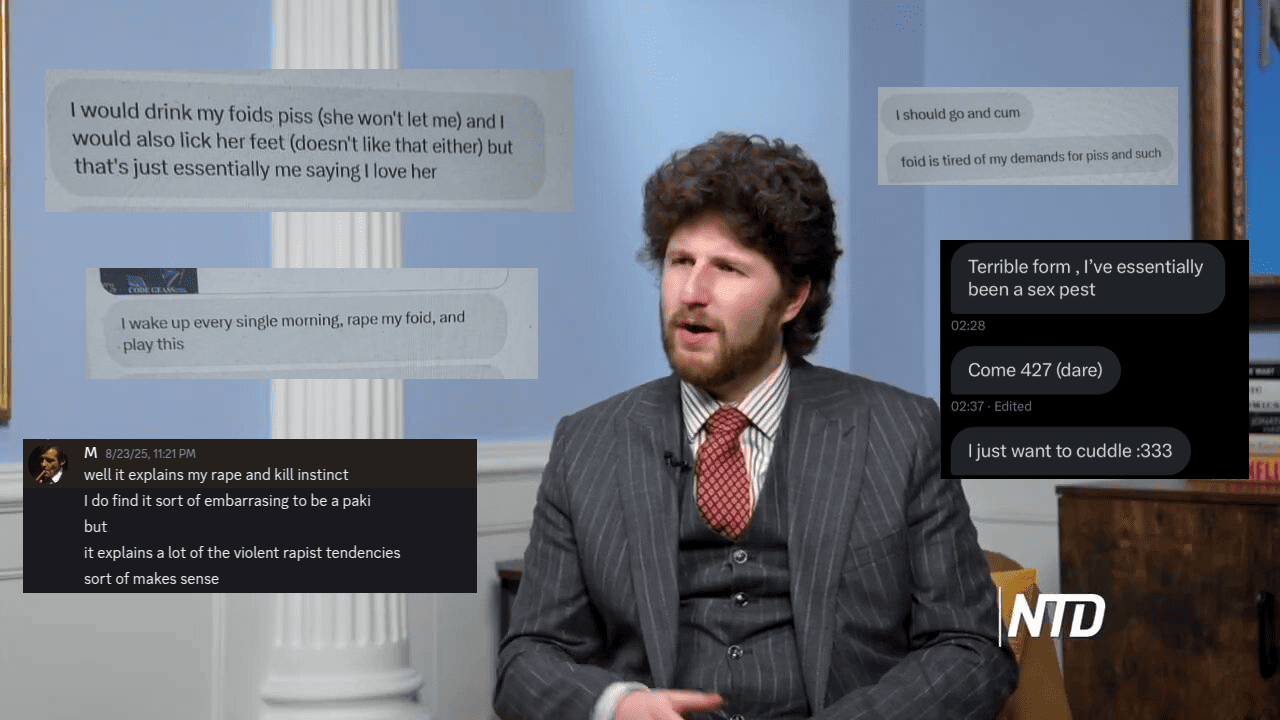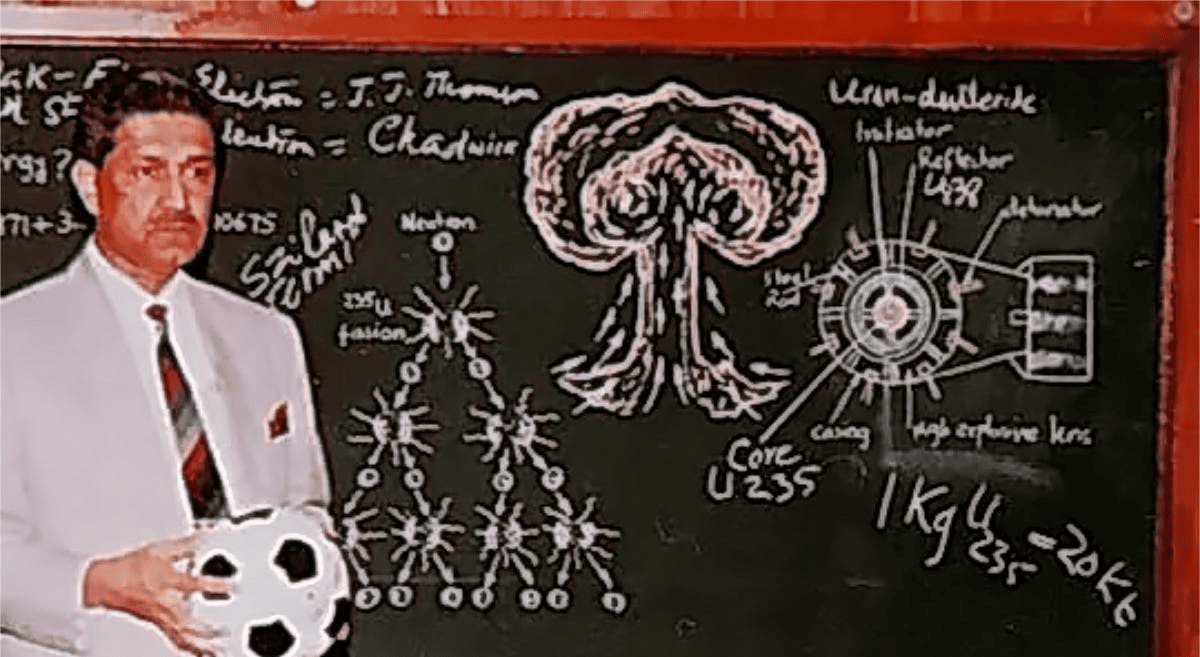The Path To Forgiveness
Christ's radical call to forgive enemies disrupts humanity's revenge cycles. At Calvary, God absorbed judgment to create mercy, breaking evil's perpetuation. As England fractures, the path forward requires absorbing anger without returning it—we cannot lose who we are on the altar of wrath.

In the strangest hour of human history, a bloodied figure hanging between heaven and earth whispered words no revenge-seeking heart could comprehend: "Father, forgive them, for they know not what they do." At Golgotha's summit, the entire logic of human conflict shattered against an immovable truth. Divine love had met evil.
The Christian faith stands alone in its audacious demand. Other religions speak of justice, balance, karma—the universe settling its accounts. But Christ commands something unnatural, something cosmically rebellious: pray for those who persecute you. Bless those who curse you. Turn the other cheek whilst the first still burns.
This isn't mere pacifism. Pacifism can still harbour hatred behind its non-violence. This is active love towards active enemies—a spiritual insurgency against the very mathematics of human nature.
Forgiveness is radical in its simplicity: they can't pay the debt. Write it off.
The Spiral Downwards
Watch any society, like beloved England, fragment, and you'll see the same ancient choreography. First come the labels—us and them, faithful and heretic, patriot and traitor. We pathologise difference. We tribalise truth. The other becomes not merely wrong but evil, not merely mistaken but monstrous.
Sectarian violence follows an inexorable logic. Blood demands blood. Each atrocity justifies the next. Yesterday's victims become today's perpetrators, and the wheel turns, grinding civilisation to dust beneath its weight. Northern Ireland knew this dance. Rwanda knew it. Yugoslavia knew it. And now, as England fractures along lines of ideology and identity, she begins to learn its steps.
The arithmetic is simple: an eye for an eye, a tooth for a tooth. But Christ saw what Gandhi would later articulate—such mathematics leaves the whole world blind and toothless.
The Great Reversal
Evil's greatest victory appeared to unfold on a Friday afternoon outside Jerusalem's walls. A simple man—believed by some as the promised deliverer, the hope of nations—hung dying, abandoned by those who cared, mocked by his enemies. By every metric of power the world understands, this was absolute defeat.
Yet here lies Christianity's most scandalous claim: evil was undone not by superior force but by voluntary weakness. The Kingdom of God conquered through surrender. Victory came wrapped in grave clothes.
How can this be? Because evil's power depends entirely on perpetuation, on victims becoming victimisers, on hatred breeding hatred. When Christ absorbed the full force of human malice without returning it, when divine love met human hatred and refused to transform into its image, the cycle broke. The serpent, lunging forward, found its fangs closing on empty air.
An Unpayable Debt
Imagine civilisation as a vast network of IOUs, each injustice creating a debt demanding payment. You wronged me; you owe me. I'll wrong you back; we're even. But we're never even. The interest compounds. The ledger grows. Generation inherits generation's grievances until no one remembers who struck first, only why they must strike next.
The financial metaphor isn't accidental. Christ spoke constantly of debts, of servants who couldn't pay, of forgiveness measured not seven times but seventy times seven. He understood something fundamental: some debts grow so vast, so interconnected, so compound in their interest, they become unpayable. Like an overdraft spiralling beyond all possibility of settlement, the only solution isn't payment but cancellation.
Forgiveness doesn't balance the books—it burns them.
The Paradox of the Cross
At Calvary, two impossible things met. Perfect justice—every wrong must be answered, every evil must be judged. And perfect mercy—the desperate human need for forgiveness, for another chance, for grace. These two necessities should cancel each other out. You cannot punish and pardon simultaneously.
Unless.
Unless the judge steps down from the bench, walks to the dock, and serves the sentence himself.
This is the breathtaking audacity of the Christian claim. God doesn't ignore justice to offer mercy. He absorbs justice to create mercy. The punishment falls, but it falls on the one pronouncing judgment. Love doesn't defeat evil by becoming evil, nor by ignoring evil, but by taking evil into itself and metabolising it into grace.
Here redemption and restoration become possible. Not through forgetting—the scars remain. Not through excusing—the crime was real. But through a divine alchemy where judgment and mercy kiss, where the worst humanity can do meets the best divinity can offer.
Becoming the Curse
Scripture makes a bewildering claim: Christ became a curse for us. The sinless one became sin. The blessed one became accursed. Why? Because someone must absorb the poison. Someone must drink the cup of wrath to the dregs. Someone must enter the machinery of retribution and jam it with their own body.
None of us are innocent. Not one.
A perfectly innocent man had to become guilty of everything so everyone guilty could become innocent. The logic scandalises reason, but the heart recognises its truth. Every parent who's taken blame for their child's mistake, every friend who's absorbed anger meant for another, knows this transaction in miniature.
But Christ did it cosmically, ultimately, finally. He became the lightning rod for all human hatred, the scapegoat for all human sin, the culmination of all human violence. And in becoming the curse, he broke its power. You cannot curse someone who has already absorbed every curse. You cannot condemn someone who has already borne all condemnation.
England at the Crossroads
As England fractures—politically, culturally, spiritually—she faces the ancient choice. The path of escalation beckons: deeper divisions, sharper rhetoric, the slow slide towards civil conflict. Each side convinced of its righteousness. Each side tallying grievances. The familiar spiral beginning its descent.
But there remains another way. An older way, though it seems impossibly new. The way of the cross—not as religious symbol but as practical reality. Someone must absorb anger without returning it. Someone must forgive debts without collecting them. Someone must break the cycle by refusing to continue it.
This isn't about weakness or surrender to injustice. It's about the kind of strength required to love enemies, to pray for persecutors, to see the imago Dei in those we're tempted to demonise. It's about recognising we're all debtors who cannot pay, all sinners needing grace, all broken people in a broken system requiring something beyond human solution.
England needs restoration and revival, yes, but not the revival of religious dominance or cultural supremacy. She needs the revival of radical forgiveness, of impossible love, of people willing to lose arguments to win souls, willing to absorb wounds to heal nations, willing to follow a Messiah who conquered by dying.
The Hardest Hope
The path to forgiveness isn't sentimental. It leads through Gethsemane's agony, through Calvary's shame, through Holy Saturday's silence. It demands we face the full horror of human evil—in others and ourselves. It requires we abandon our carefully kept ledgers of who owes whom what.
But on the other side of Calvary lies something else. On the other side of forgiveness lies freedom. Not the freedom to continue old patterns but freedom from them—freedom to love without calculation, to give without measuring, to build something new on foundations deeper than grievance.
This is the Christian revolution, forever scandalous, forever necessary: In a world of tit-for-tat, someone must go first in refusing to tat. In a world of earned love, someone must love without earning. In a world where might makes right, someone must insist right makes might, even when right looks like weakness, even when love looks like loss.
The cross stands at history's centre not as decoration but as disruption—God's great interruption of humanity's endless revenge cycles. It offers not just personal salvation but cosmic possibility: what if we actually forgave? What if we actually loved enemies? What if we actually broke the spiral by refusing to spiral?
England—and every nation, every community, every heart—stands always at this crossroads. The path of retaliation is broad and well-travelled. The path of forgiveness is narrow, steep, and leads through death to life.
But it leads. When all other paths circle back to violence, when all other solutions multiply problems, when all other hopes fail—the impossible path remains. The path where judgment and mercy meet. The path where God becomes curse to break all curses. The path where forgiveness isn't earned but given, isn't deserved but offered, isn't logical but essential.
It changes everything. It costs everything. It offers everything.
And it begins with a prayer for the very ones buying the nails.





